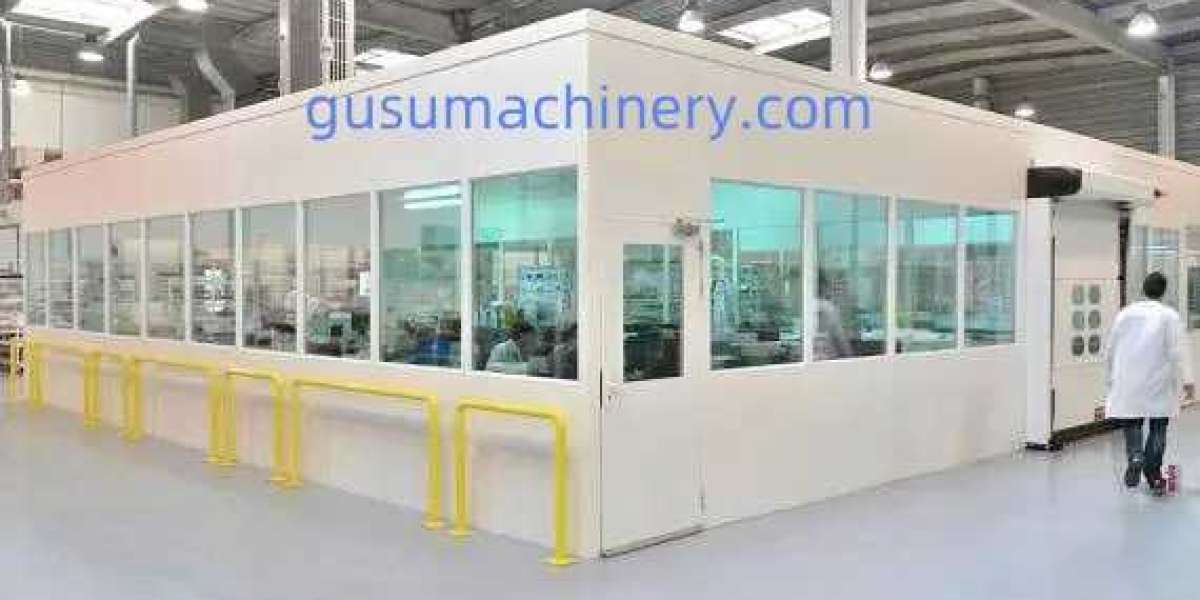The Malaysia Construction Market has emerged as a significant contributor to the country’s economic growth, reflecting the nation’s ambitions for rapid urbanization and infrastructure development. Over the past decade, Malaysia has witnessed remarkable expansion in its construction sector, driven by the rising demand for residential, commercial, and industrial projects. The sector not only fuels the nation’s GDP but also provides employment opportunities and fosters technological advancements in building materials and construction practices.
Urban development in Malaysia has accelerated due to population growth and increasing urban migration. Cities such as Kuala Lumpur, Penang, and Johor Bahru have become hubs for large-scale construction projects, ranging from skyscrapers to modern residential complexes. These urban centers require robust infrastructure, including transportation networks, utilities, and public amenities, which in turn stimulates construction activity. The government’s commitment to improving urban living standards has encouraged investment in modern construction projects, leading to a dynamic and evolving market landscape.
One of the notable trends in the Malaysia Construction Market is the rising adoption of sustainable and green building practices. Developers are increasingly prioritizing energy-efficient designs, eco-friendly materials, and innovative construction techniques to reduce environmental impact. This shift is influenced by both government regulations and growing awareness among businesses and consumers about the importance of sustainability. Green building certifications, such as the Green Building Index (GBI), have become a key factor for developers seeking to enhance their project value and market competitiveness.
Infrastructure development remains a cornerstone of the Malaysia Construction Market. The government has introduced several large-scale projects, including highway expansions, railway networks, airports, and ports, aimed at enhancing connectivity and facilitating trade. These projects not only improve transportation efficiency but also stimulate regional economic growth by creating jobs and attracting investment. Public-private partnerships (PPPs) have become an effective model for financing such projects, allowing private players to contribute their expertise while sharing financial risks with the government.
The residential construction sector in Malaysia continues to show strong growth. Rising household incomes and changing lifestyle preferences have driven demand for high-quality homes, condominiums, and gated communities. Developers are focusing on creating integrated townships with comprehensive amenities, such as schools, healthcare centers, and recreational spaces, to cater to modern urban living. Additionally, the government’s housing initiatives, such as affordable housing schemes and incentives for first-time homebuyers, have further stimulated demand in this segment.
Commercial construction is another thriving segment within the Malaysia Construction Market. The rapid expansion of retail, office spaces, hotels, and mixed-use developments reflects Malaysia’s position as a regional business hub. Investors are increasingly drawn to the country’s strategic location and business-friendly environment, which has led to a surge in modern office towers, shopping complexes, and hospitality projects. This segment is also experiencing transformation through the integration of technology, such as smart building systems, automation, and digital project management, enhancing efficiency and reducing operational costs.
Industrial construction is witnessing notable progress as Malaysia strengthens its manufacturing and logistics capabilities. The country’s industrial parks, factories, warehouses, and logistics facilities are expanding to meet the growing demand from local and international businesses. These developments not only support economic diversification but also attract foreign investment, particularly in sectors such as electronics, automotive, and consumer goods. Advanced construction methods, including prefabrication and modular construction, are being increasingly adopted to reduce project timelines and costs.
Despite its growth, the Malaysia Construction Market faces certain challenges. Fluctuations in material costs, labor shortages, and regulatory complexities can impact project timelines and profitability. Additionally, economic uncertainties and global market trends can influence investment levels and project demand. However, industry stakeholders continue to innovate and adapt, leveraging technology, efficient project management practices, and sustainable approaches to overcome these hurdles and maintain market resilience.
Looking ahead, the Malaysia Construction Market is expected to remain vibrant, supported by continued urbanization, government initiatives, and private sector investment. The focus on sustainable development, smart infrastructure, and integrated communities will define the future trajectory of the sector. As Malaysia positions itself as a modern and dynamic economy, the construction market will play a pivotal role in shaping the nation’s urban landscape, enhancing living standards, and driving economic prosperity.






